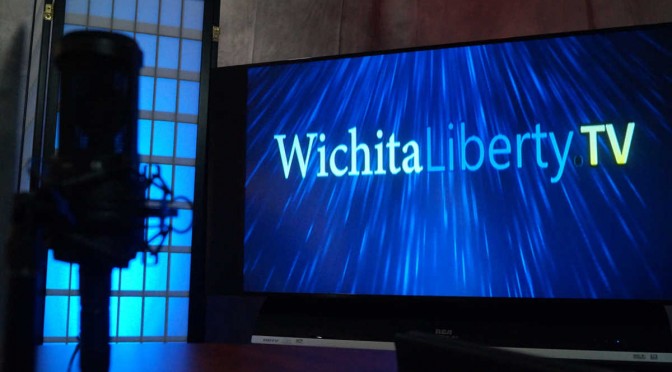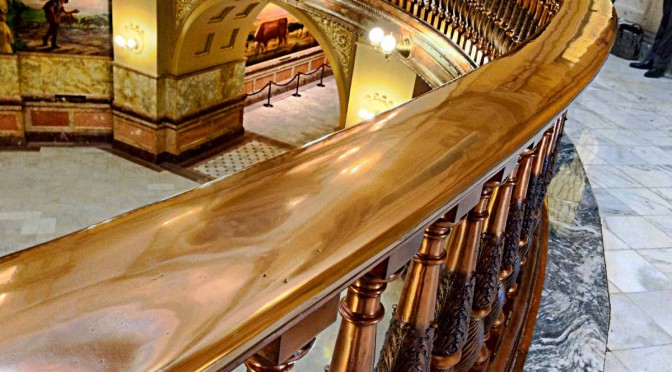Tag: Elections
-

From Pachyderm: Alan Cobb from the Donald Trump campaign
From the Wichita Pachyderm Club: Alan Cobb, who is National Coalitions Director for the Trump/Pence presidential campaign.
-

WichitaLiberty.TV: A variety of topics, with some good news, but a lot of bad news
Wichita’s economic development, Sedgwick County spending, editorials ignoring facts, your house numbers, Kansas governors, taxpayer-funded political campaigns, and the nature of economic competition.
-

Wichita Metro Chamber of Commerce on the campaign trail
We want to believe that The Wichita Metro Chamber of Commerce and its PAC are a force for good. Why does the PAC need to be deceptive and untruthful?
-

Roger Marshall campaign setting new standards
Attacks on Tim Huelskamp reveal the worst in political campaigning.
-

A look at a David Dennis campaign finance report
It’s interesting to look at campaign finance reports. Following, a few highlights on a report from David Dennis, a candidate for Sedgwick County Commission.
-
A David Dennis half-truth
Why would a candidate split sentences in order to create an untruthful claim about his opponent?
-

Say no to Kansas taxpayer-funded campaigning
Kansas taxpayers should know their tax dollars are helping staff campaigns for political office.
-

From Pachyderm: Kansas Senate Candidates
From the Wichita Pachyderm Club this week: Republican primary candidates for Kansas Senate were invited to participate in a forum.
-

WichitaLiberty.TV: News media, hollow Kansas government, ideology vs. pragmatism
In this episode of WichitaLiberty.TV: New outlets for news, and criticism of the existing. Is Kansas government “hollowed out?” Ideology and pragmatism.
-

Candidate forum: Kansas Senate and Sedgwick County Commission
The Sedgwick County Republican Party held a candidate forum. Invited were candidates for Kansas Senate, district 27, and Sedgwick County Commission, district 3.
-

David Dennis, gleeful regulatory revisionist
David Dennis, candidate for Sedgwick County Commission, rewrites his history of service on the Kansas State Board of Education.
-

In Wichita, Meitzner, Clendenin sow seeds of distrust
Comments by two Wichita city council members give citizens more reasons to be cynical and distrusting of politicians.